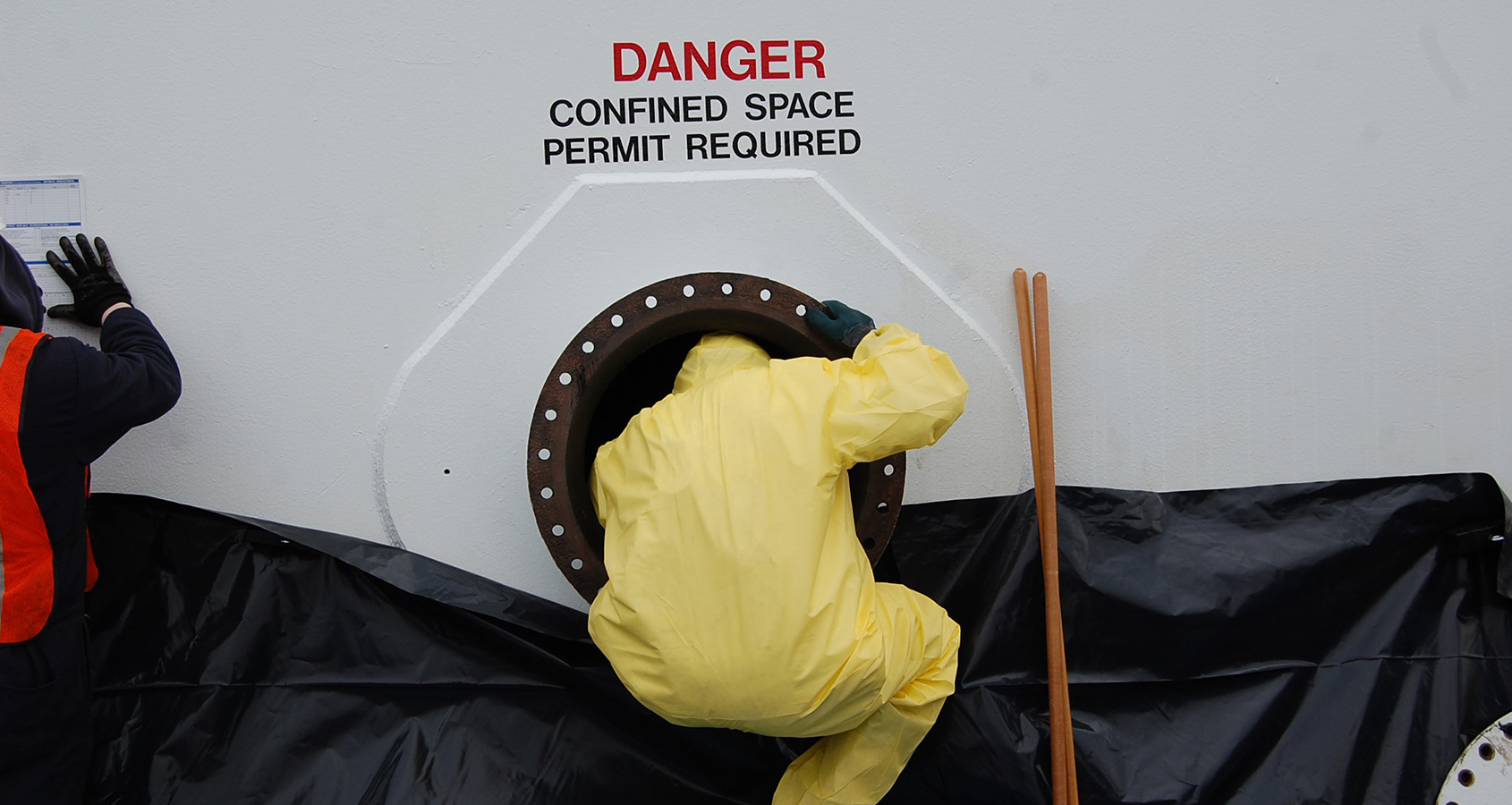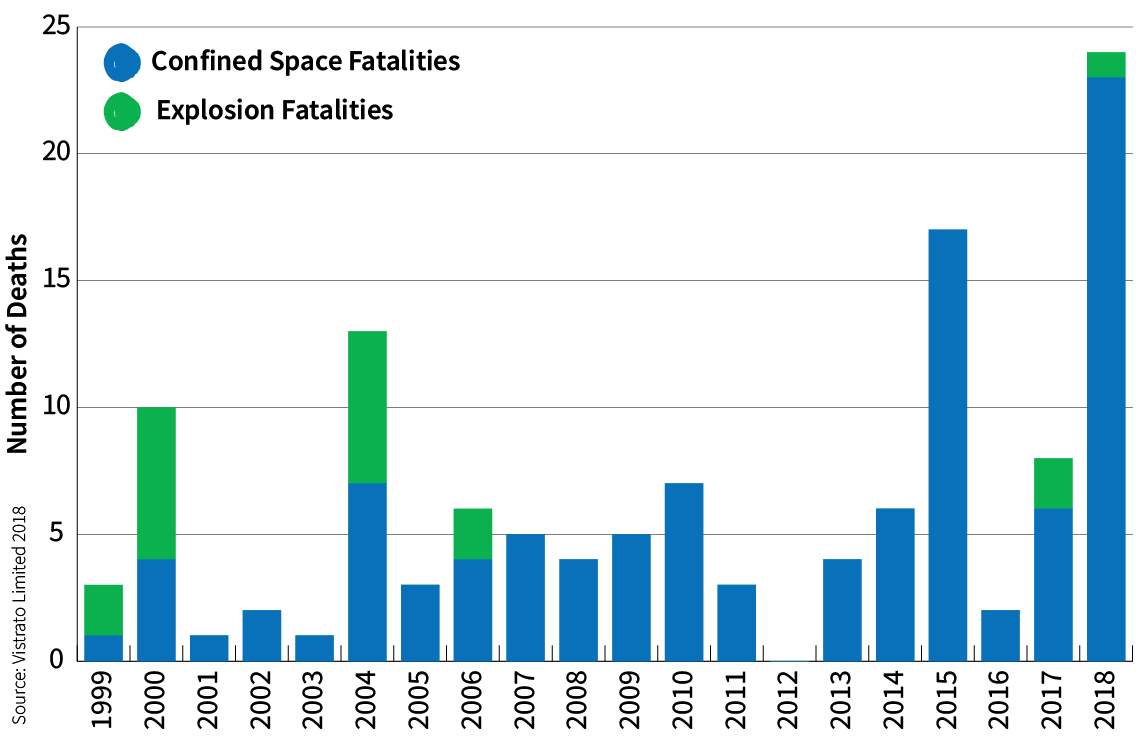
Unions remember workers lost to negligent employers and safety standards
Today, the 28th of April, marks International Workers’ Memorial Day, when trade unions around the world remember and mourn the loss of the colleagues, friends and family who never came home from work.
Most of these tragedies were preventable. Yet the negligence of employers and a lack of adequate occupational safety and health standards continue to kill and injure transport workers across the world.
In the past year, many transport workers have lost their lives in the workplace and millions more have suffered life-changing injuries and ill health, including:
- Shocking reports that revealed that as many as 100,000 fishers were killed last year, in an industry where forced labour and human trafficking continue to be linked to fatalities.
- Road transport remained the deadliest industry in many countries around the world, as truck drivers’ continue to be forced to take deadly risks to deliver goods at lower costs due to unsustainable rates of pay.
- Tugboat workers’ safety continued to be put at risk from a lack of adequate safety standards, regulation and enforcement that can allow boats to operate for 50 years without a single inspection.
That’s why we fight to ensure workers’ have a seat at the table in setting occupational standards for safety and health in every transport sector.
International Workers’ Memorial Day is a day to mourn all the workers who have needlessly lost their lives to negligent employers. And it reminds us to organise so it doesn’t happen again.
We’re taking action today to honour the memories of colleagues and friends. Read on to see how you can take part.
This year’s theme: organising for health and safety – a crucial part of union action
In June 2022, unions secured the landmark decision from the International Labour Organization (ILO) to include ‘a safe and healthy working environment’ in its framework of fundamental principles and rights at work.
But words need action. This year, the ITF has outlined safety and health as the first priority in our annual report, and committed to keep working to put this right into practice.
These examples show our 2023 plans to be on front line of pushing for better health and safety standards:
- We’ll continue to expose the impact of the poor working conditions on the mental health of young people working in public transport.
- We’ll expand our call to #RatifyC190 so that countries everywhere commit to ending violence and harassment at work.
- We’ll fight globally to support unions in winning Safe Rates for road transport workers.
- We’ll keep organising migrant fishers to stand up for their safety and rights in Ireland, Thailand and the UK.
- We’ll roll out ITF’s OSH Protocols for Safer Ports with more terminal operators and continue to campaign to improve waterfront safety standards and educate unions and dockers worldwide. Our unions are winning for their members in countries like New Zealand where deaths have scarred their communities.
- We’ll be pushing for better international safety laws, guidelines and recommendations in international policy bodies, like the ILO Technical Meeting on aviation that’s happening this week in Geneva.
- And we’ll continue to support our affiliates to fight for justice for the families, like the families of Troy Pearson and Charley Cragg, who have lost loved ones at the hands of negligent employers, including campaigning and lobbying for the introduction of industrial manslaughter laws.
Transport workers practise acts of health and safety with every shift, and often go far beyond. From the heroic tug crew Todd Dutton and Shaun Kirkpatrick who saved the life of a 14 year old girl from the torrents of the Fraser River, to the thousands of transport workers who support relief efforts of natural disasters, like the devastating earthquakes that hit Türkiye and Syria in February, and war zones from Palestine and Sudan to Ukraine and Yemen.
We look out for workmates in hazardous areas, spot each other when loading cargo, remind each other to ‘bend at the knees’, and are there for each other when the strain of the job is just too much for our body or mind.
Protecting workers’ lives, preventing injuries and demanding safe workplaces has always been at the heart of our movement – and always will.
We will keep fighting for safe and healthy workplaces – whether it’s securing freedom for abandoned seafarers, drawing up more safety agreements with airport operators, or campaigning to end gender-based violence in the workplace.
Organised workplaces are safer workplaces. That’s why we’ll continue to remember the dead, and fight hard for the living.
Attend an IWMD event near you
Today, workers around the world will be paying their respects to lost colleagues and friends. We invite you to attend an event, vigil or ceremony near you to honour their memories.

Use the 28 April global map to find an event near you.
Alternatively, attend a memorial event if your union is holding one.
Put your work boots out and share a photo on social media
Can’t attend an event in person? We’re also inviting you to put your work boots out in honour of workers who have died on the job.

Make sure to share a photo on social media with the hashtag #IWMD2023 to contribute to the record of remembrances on the day.
Celebrate the ILO’s decision to declare ‘a safe and healthy working environment’ as a fundamental right
On 28 April 2023, the ILO will celebrate the decision to include safe workplaces in its fundamental principles, bringing together experts and constituents to discuss the implications it has for the world of work, as well as how to practically implement this right in the world of work.
Join the ILO global dialogue on from 13:30 to 15:00 CEST: How can we promote the fundamental right to a safe and healthy working environment?
To inform 28 April discussions, ILO has also produced a detailed report: ‘Implementing a safe and healthy working environment: Where are we now?’





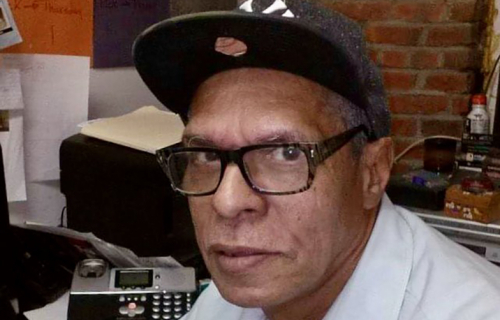
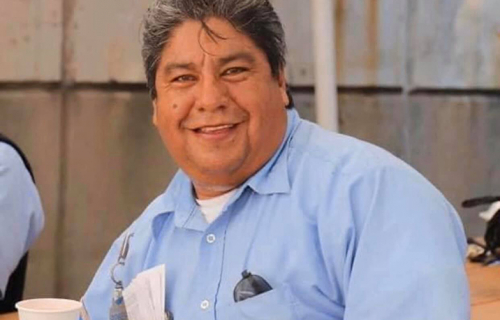


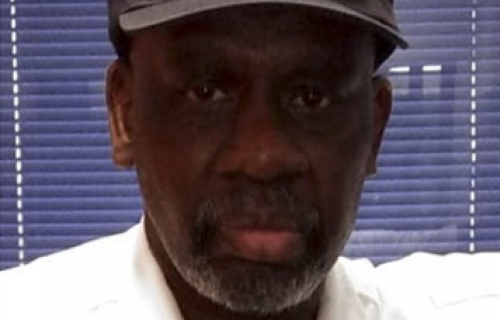


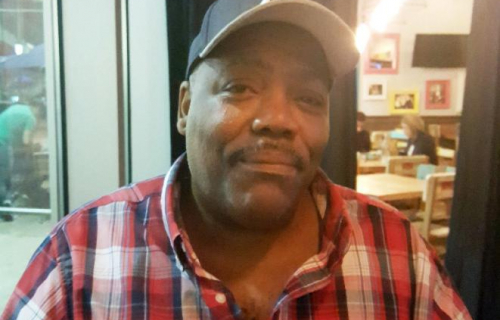









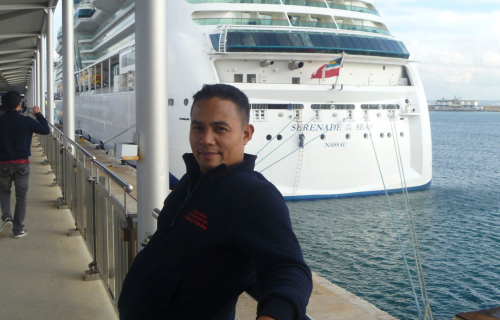

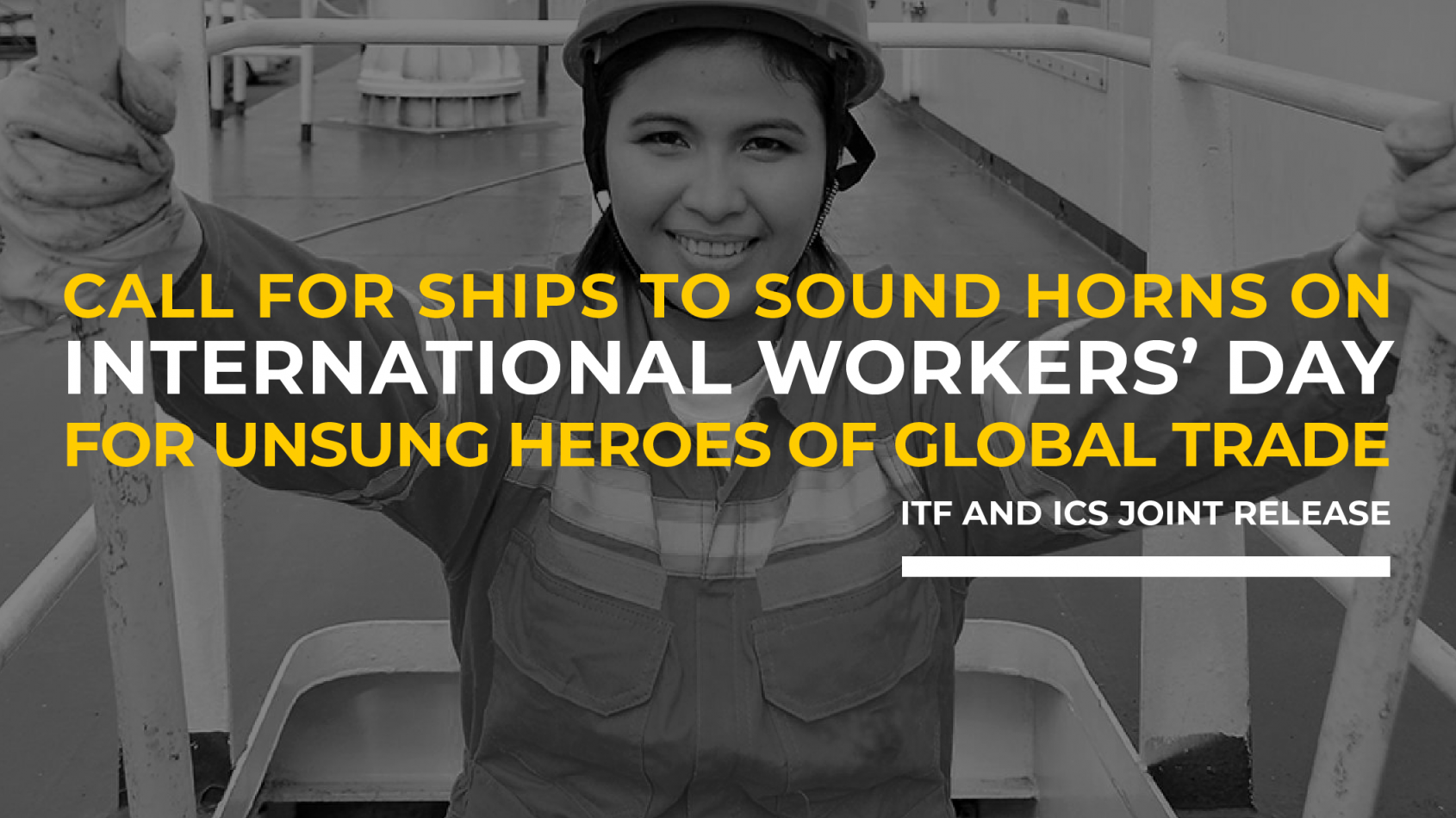
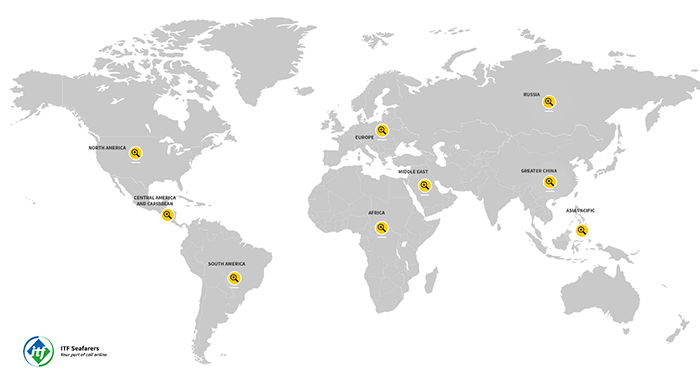 The ITF has launched a
The ITF has launched a 